February 4, 2025 | 23:29 GMT +7
February 4, 2025 | 23:29 GMT +7
Hotline: 0913.378.918
February 4, 2025 | 23:29 GMT +7
Hotline: 0913.378.918
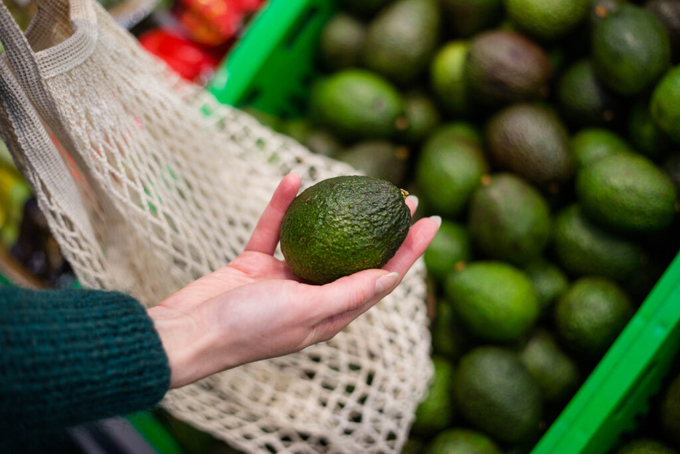
The avocado industry has experienced significant changes globally,.
The Global Avocado Summit 2024, organized jointly by the Chilean Avocado Committee and Yentzen Group, drew a full crowd. The event brought together national and international industry members for a series of presentations focusing on analysis, statistics, consumer trends, marketing, commercialization, and sustainability, among other key topics.
The Global Avocado Summit is a revamped version of the traditional "Avocado Day," previously held in Chile, which returned after a seven-year hiatus.
The avocado industry has experienced significant changes globally, particularly in Chile. New supplier countries have emerged, markets are expanding, local consumption is growing, and challenges like sustainability promotion have come to the forefront.
Carmen Gloria Lüttges, the president of the Chilean Avocado Committee and the first woman to hold this position, welcomed attendees to "the new and much-anticipated version of the Global Avocado Summit."
"This event returns with great strength to discuss new trends, technologies, innovation, opportunities to increase consumption, and markets, always with a focus on sustainability, which is becoming increasingly important for this superfruit, which is desired not only by Chilean consumers but by people all over the world," she said.
She also emphasized that in Chile, avocados are grown with "exceptional quality and flavor."
Lüttges pointed out the importance of discussing and sharing best practices within the avocado industry and developing a shared vision for the future of the fruit and the factors that will continue to strengthen its position as a superfruit.
Lüttges noted that the latest projections indicate a strong season ahead, driven by good fruit and favorable weather conditions.
A total production of 200,000 tons is anticipated—a 33% increase compared to the previous season. Of this, 55% will remain in Chile, which is the second-largest avocado consumer in the world. The remaining 45% will be exported, primarily to the European market, followed by Latin America, Asia, and the United States.
Lüttges highlighted the industry's significant progress while acknowledging ongoing challenges in both the avocado sector and the broader fruit market.
"We know that, despite the favorable rainfall this year in the central region of the country, drought remains a structural problem due to climate change, and it must be addressed in a public-private manner," she explained. "It is a reality that we need more infrastructure to store water."
"In this difficult scenario," she added, "we must continue supporting our communities by sharing access to water resources and optimizing every drop of water available."
Another challenge is attracting foreign labor to Chilean fields in a legal, safe, and organized manner. She emphasized the importance of streamlining the issuance of Mercosur visas to support "quality jobs" in the agricultural sector.
She also stressed the need to strengthen phytosanitary standards to maintain Chile's special credentials for the quality and health of its fruit, highlighting the importance of public-private collaboration in this area.
Lüttges expressed optimism about untapped markets for avocados: "We are watching with great interest what may happen in the long term in destinations like India, but we still need to resolve the logistical challenges that will allow us to deliver high-quality products."
Regarding sustainability, she emphasized that the issue presents a significant opportunity requiring ongoing effort: "The growth we have experienced in the industry has been centered around sustainability, a fundamental pillar of our work alongside our partners."
"We are convinced that sustainability is not a trend, but rather a movement that must be upheld over time, because there is still much work to be done, and we must do it together."
The Avocado Committee has adopted 14 essential sustainability commitments under three key pillars: social, economic, and environmental.
freshfruitportal
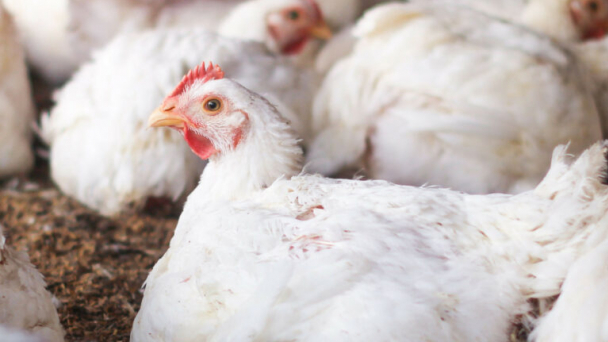
(VAN) Tkachev’s agricultural complex– fourth in the list of the largest poultry producers in Russia – is set to purchase the third-biggest manufacturer, Prioskolie, Russian business newspaper Kommersant reported, citing sources close to the deal.
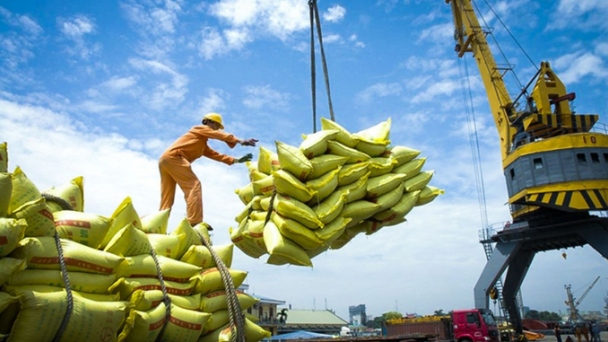
(VAN) Vietnam exported nearly 270,000 tons of rice, valued at 165 million USD, during the first half of Jan 2025, a 23% increase from the previous year.
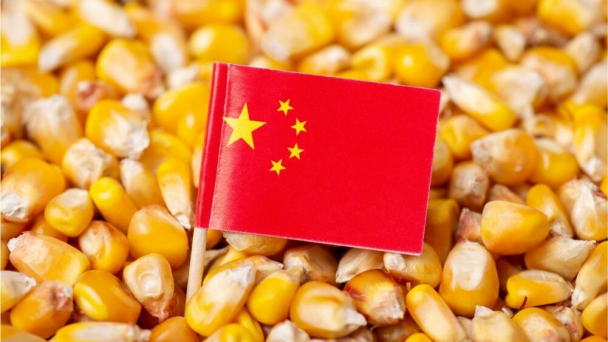
(VAN) China, which is the world’s largest wheat and rice producer, is expected to slightly increase its rice output in 2024-25 to 145.3 million tonnes.
/2025/01/26/4719-1-144124_461.jpg)
(VAN) Thanks to stable production, cinnamon exports in 2024 grew in both volume and turnover, bringing the country hundreds of millions of dollars.
/2025/01/26/1601-1-141127_754.jpg)
(VAN) Cambodia is currently one of the countries with the largest output of cashew nuts in the world, with 90% of raw cashew nut output sold to Vietnam.
/2025/01/25/4248-11-082729_294.jpg)
(VAN) Rice exports to the Philippines grow strongly in 2024 and account for the majority of Vietnam's export surplus to this market.
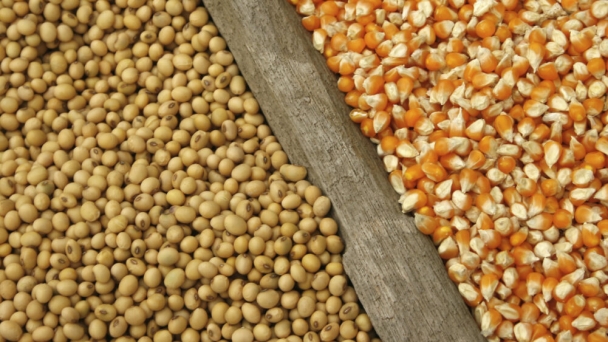
(VAN) Bringing the bulls to market was the USDA’s downward revision of 2024-25 forecasts for US corn and soybean carryover, production and yields.